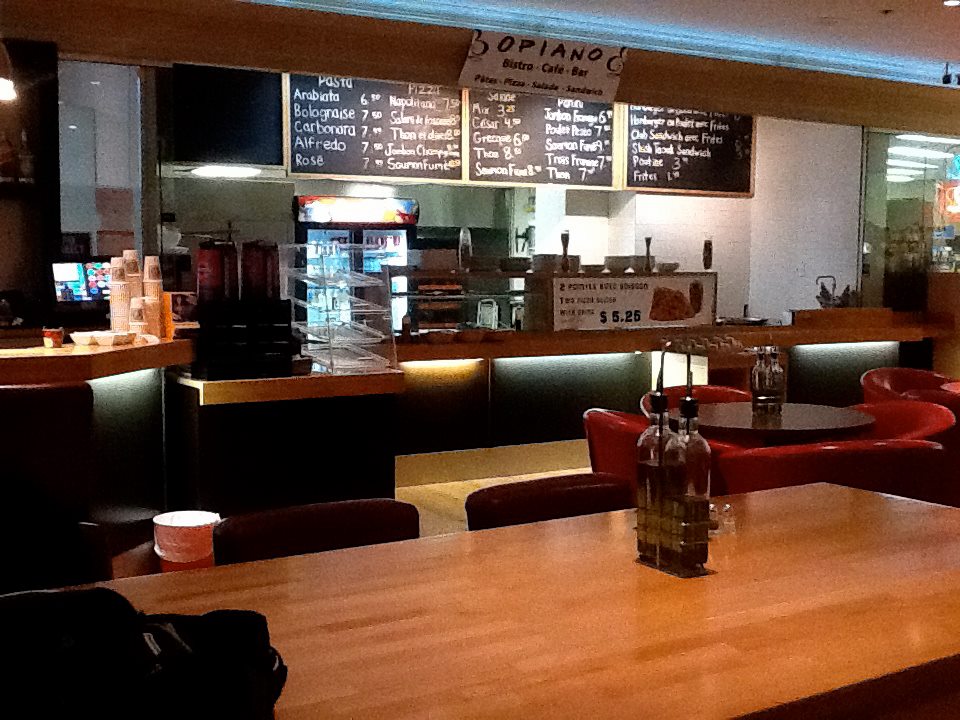Imagine a house of cards – delicate, complicated, and fleeting, each piece adding its own value, so integral that one mistake could make the house collapse. Oftentimes, analysts consider the economy as a house of cards, wherein each card represents a different sector, product, or offering.
When COVID-19 interrupted our lives, however, these economic connections were altered in an unprecedented way, which, without collective effort, could become permanent. One relationship that has been strained is that between the business and consumer. Small businesses, which rely heavily on foot traffic as well as consumers who like to go outside their comfort zone, are struggling to stay afloat because people can no longer go out to explore their options. Faced with the fear of contagion and social distancing measures, people either stay at home exclusively (which is possible for some, given the existence of Amazon and food delivery platforms), or they stick to the tried-and-true brands when they do go out to shop.
In big cities like Montreal and Toronto, the restaurant industry has suffered dearly. It’s not just that these businesses are having trouble; many have been forced to close their doors permanently. There have been more than 20 notable restaurant closures in Montreal since the beginning of the pandemic, according to Time Out magazine, and that isn’t even accounting for the countless informal restaurants that have closed down across the city. It truly has been a difficult year for a city like Montreal, known for its vibrant food scene, and the outlook seems bleak. However, small businesses are not ready to give up yet, the likes of which include the student favourite Korean restaurant beside the Bronfman building, Opiano.
To give a brief background, Opiano is located in the basement of the apartment building across from the Bronfman building on Peel Street. Opened in 2012, it has garnered an impressive following of McGill students who eat there on a regular basis for the great food and its atmosphere that is somehow professional and cozy at the same time. It is an open cafeteria-style location that offers a variety of menu items, including to-go bento boxes, Korean snacks, and a signature dish called bbyeo haejangguk.
In an online interview with the owner, Ko Sangchul, I asked him what he found to be the hardest part about operating during this crisis. Sangchul told me, “the hardest part was probably the fact that I had to let go of so many employees, all of whom played such an important role in our success so far.” This is the reality of the situation for most small businesses during this time. COVID-19 created a situation in which business owners could not reasonably keep many of their employees, even if they wanted to, and this blow was even heavier for food service businesses that rely heavily on the contribution of employees.
Our success and growth up to this point is directly linked to the students at McGill University, especially those who promoted our restaurant in the early days, and for that we are truly grateful
Our conversation mostly revolved around COVID-19 and how it has affected Opiano, but there was also another point that Mr. Sangchul constantly alluded to. I asked him what he thinks makes Opiano popular in the Korean community, he corrected me, mentioning that “Opiano is not as well-known in the Korean community as you think, there are still a lot of people who don’t know who we are. Our success and growth up to this point is directly linked to the students at McGill University, especially those who promoted our restaurant in the early days, and for that we are truly grateful.”
Sangchul fully recognizes that his business is dependent on students and his business model revolves around catering to those students’ needs. He hopes that “Opiano can live on in the memories of the many McGill students that pass by here,” just as he remembers the restaurants near campus that he frequented when he was an undergrad himself. Opiano is dedicated to its mission, despite the setbacks that have come with the year 2020, and Sangchul promises that Opiano will still be here for students after the pandemic is over.
Towards the end of the interview, Sangchul expressed a beautiful sentiment, mentioning how he thinks of McGill students as his own children. Opiano relies on McGill students for support, and McGill students look to Opiano for a hearty meal. This kind of one-to-one relationship is the reason why small businesses can succeed. Sadly, that relationship was almost severed because of COVID-19. The house of cards has come falling down, and we are left with fragmented groups of people and businesses that don’t know what to do next. However, restaurants like Opiano show us that we need to embrace our interdependence, especially in difficult times like this. It’s time we as consumers recognize our dependence on small businesses as well and band together to help them get through this crisis.








